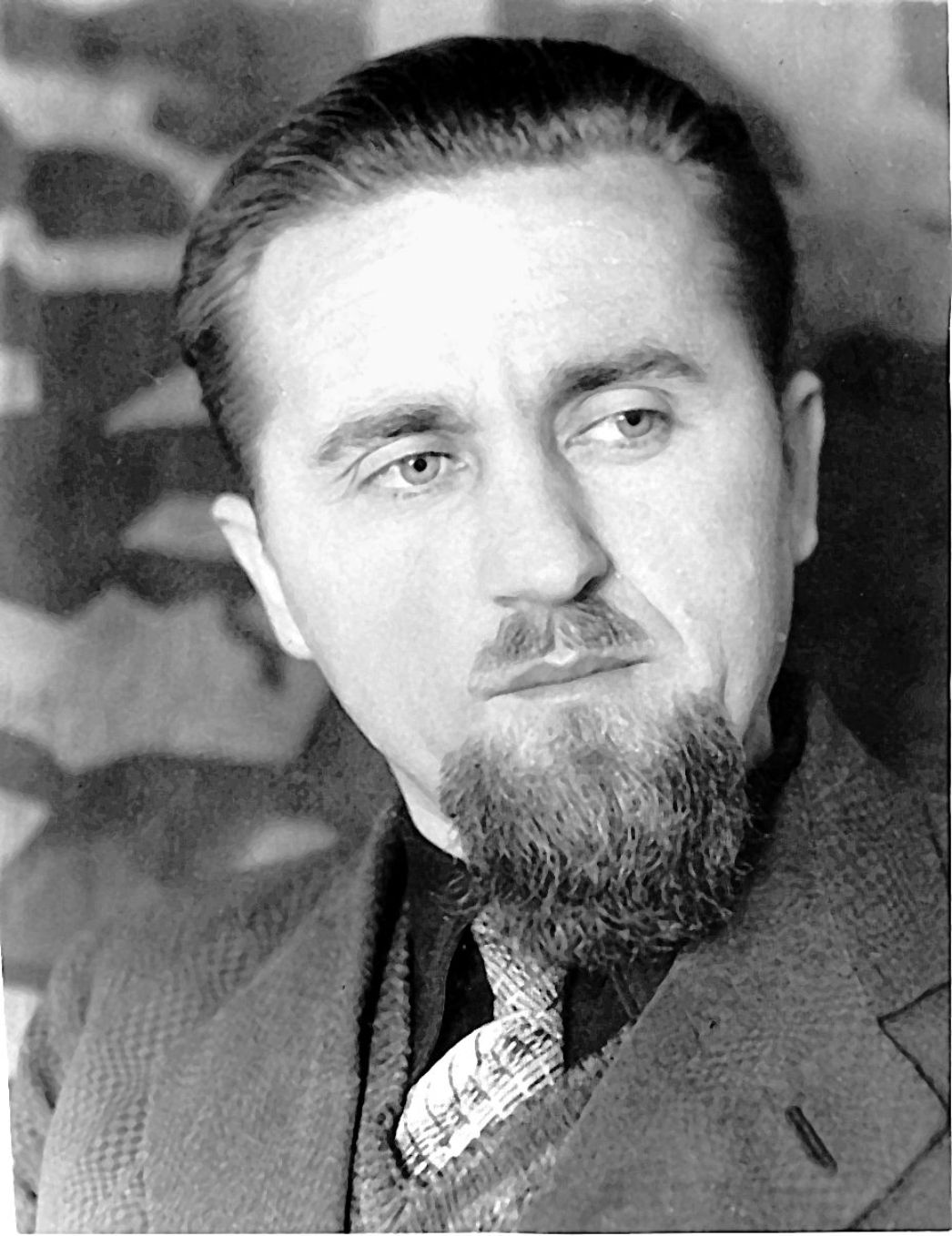Transcript
Narrator On the 23rd of February 1943, the so-called Patriotic Group convened in secret at the house of a theatre employee in occupied Kirovohrad. It was composed of a group of friends who were resisting the German occupying forces. They sang Soviet songs, celebrated Red Army Day and listened to broadcasts by the Soviet news agency. This meeting would be their last. Two days later, the group would be arrested. Nikolai, a Red Army lieutenant whom they all trusted, had betrayed them.
Among those arrested was the doctor Orest Dvornikov. The war had brought him to Kirovohrad. A Red Army troop physician, he had lost his unit at the front in December 1941 and then wandered about in occupied Ukraine. People had given him food and civilian clothing. Severely ill, he had finally reached the city of Kirovohrad where he nearly died of dysentery and pneumonia. But Kirovohrad was the birth town of his wife. His sister-in-law and mother-in-law lived there. A befriended doctor procured identity papers for him and took him to the hospital. He later began working there himself.
The doctors knew each other well and helped their compatriots out. Using fake IDs, they smuggled patients out of the city to partisan units in the area. They supplied partisans with wound dressing, medication and news about the war. But as time went on, the German security police became suspicious. In a prisoners of war camp, they recruited an informer who gained access to the “Patriotic Group” and betrayed them.
At the Kirovohrad prison, the prisoners were tortured. Orest Dvornikov was taken to the Ternovaia Balka concentration camp south of the city. Here, too, he helped in his capacity as a doctor and survived abdominal typhus and spotted fever. In the autumn of 1943, when the Red Army was drawing nearer, the SS deported inmates in cattle wagons to the Buchenwald concentration camp.
Dvornikov was taken to the Wansleben subcamp, a detachment working underground in the Halle area. He was the only doctor for hundreds of inmates. An inmate later recalled: “All this doctor had at his disposal were pills, some ointments for scabies and a stethoscope.” He went on to say that Dvornikov’s achievements were heroic.
When the camp was cleared in April 1945, Orest Dvornikov stayed with the sick. He returned to Ukraine months later, but was met with suspicion and hostility and could not find work. With other former Buchenwald inmates, he sent a petition to the General Secretary of the Communist Party of the Ukraine. To no avail. Finally, he was allowed to practice as doctor in a military unit. Yet, this turned out to be a short reprieve. In July 1946, he was arrested by the Soviet secret service
and sentenced six months later to ten years camp imprisonment. The absurd reason given for his imprisonment was “armed treason”. He remained a forced labourer in a Siberian camp until 1956. The sentence would not be reversed until ten years later.
Orest Dvornikov became a highly regarded physician at the Cherson hospital. In 2005, five years after his death, the city installed a commemorative plaque in his final home, which reads: “To the courageous resistance fighter.”


